Career Resources
Three Steps for Bouncing Back from Career Setbacks
Career disappointments and setbacks are parts of the professional journey that will happen to almost every PA at some point—and they can feel devastating. In this article I’d like to explore some ideas and approaches for responding to career setbacks so that you not only rebound but return to your practice with greater zest and confidence.
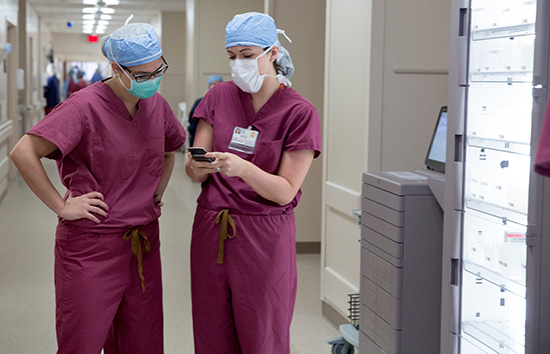
PA Career Pivots: 6 Tips for Redirecting Your Future
COVID-19 upended PA career paths, from furloughs to redeployment. It also caused PAs to reflect upon their current roles and future goals. The PA Career Coach shares six tips for PAs who find themselves needing or wanting a career pivot.

Insider Tips on Popular PA Specialties
PAs know that career flexibility is a built-in benefit of the profession. But it can be overwhelming to think about transitioning specialties. Do you have enough experience? What’s the best way to get your foot in the door? Four experts share their insights.

AOP Guide
Explore a new career direction or specialty with this collection of AAPA and partner resources, salary data, and CME on various practice areas, including Administration, Dermatology, Education, Emergency Medicine, Family Medicine, Hospital Medicine, Internal Medicine, Orthopaedic Surgery, Telemedicine, and Urgent Care.

Q&A with PA Leader Clair Kuriakose
Clair Kuriakose, MBA, PA-C, is a high achiever. She sets goals for herself, achieves them, and then strategically lays out her next steps. She finished PA school, got her MBA and Lean Six Sigma certification, and now leads advanced practice providers at Stanford Health Care.
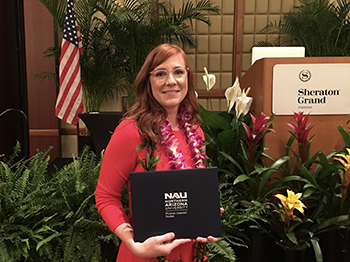
Tips for New PAs on How to Grow Your Role at Work
Are you a new PA who is ready to grow your role and increase responsibilities at work? Two members of the Early Career PA Commission, Allyson Hamacher, PA-C, and Jack Ward, PA-C, share tips for other early career PAs.

Leadership & Management Training Courses
These 1-hour online courses focus on topics such as billing and reimbursement, compliance, leadership styles, metrics, and advocacy.
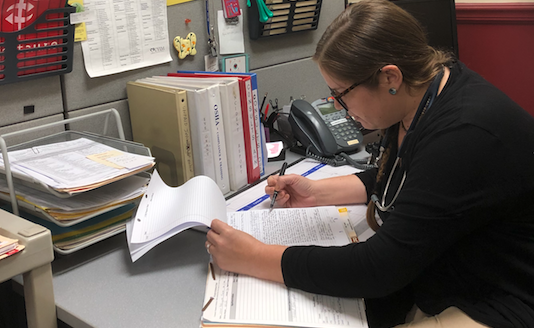
A Day in the Life of PA Faculty and Clinician
Nicole S. Cournoyer, PA-C, faculty member at Thomas Jefferson University, started her career in a community-based oncology office. Teaching patients and family members about disease processes, medications and interventions led to lecturing then teaching full-time at her alma mater.

8 Networking Tips for PAs
No matter your career stage, networking plays a vital role in landing the position that’s right for you. Join AAPA to access a network that’s 60,000 PAs strong and use these eight tips to help you polish your networking skills.
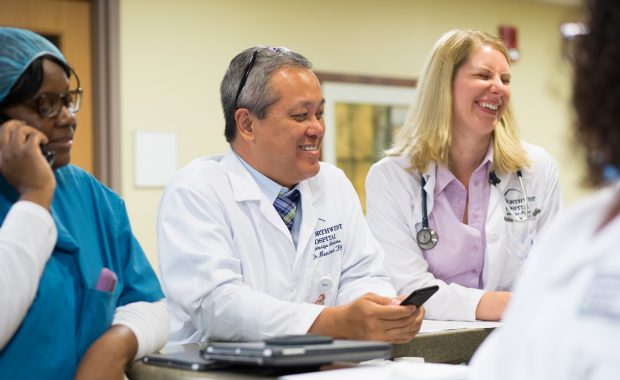
Sponsored
Locum Tenens Offers Work/Life Balance and a Fresh Start
PAs can turn to locum tenens as a full-time career alternative that allows them to take control of their own schedule, establish a better work/life balance, and enjoy a regular change of scenery.
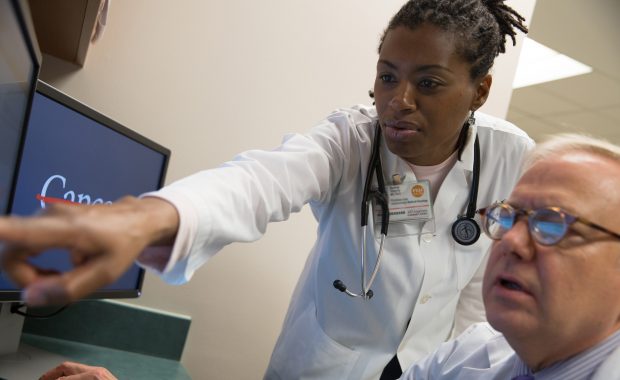
Sponsored
3 Ways PAs Can Advance Their Careers Through Leadership
For PAs looking to grow in their careers, there are also many opportunities to become a true leader in your field — either directly or through thought leadership. Here are three ways to advance in your career and become a leader.

How PAs Can Take on More Responsibility Without Burning Out
As we advance in our careers, it’s natural to want to take on more responsibility. But there’s a tricky balance – we don’t want our PA practice or our enthusiasm for healthcare to suffer. Follow these four tips to take on more without burning out.

Sponsored
Why I Changed Specialties as a PA
One of the major advantages of becoming a PA is that it is relatively easy to change from one specialty to another without the need for new certification. More than 50% of PAs will change specialties during their careers, according to AAPA’s Salary Report.
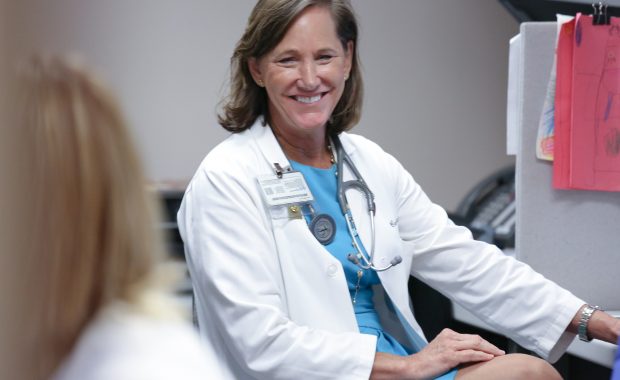
Looking for a Non-Clinical Role? Consider Medical or Clinical Science Liaison
PAs who serve as medical and clinical science liaisons play a unique role in pharmaceutical and other medical organizations. They use their clinical skills to interpret clinical trials, medications’ chemical composition, safety matters, and help to educate clinicians.

Checklist: Leaving a Job
You will no doubt move through a series of positions in your PA career. Here’s how to make a job transition gracefully with professional bridges intact.

